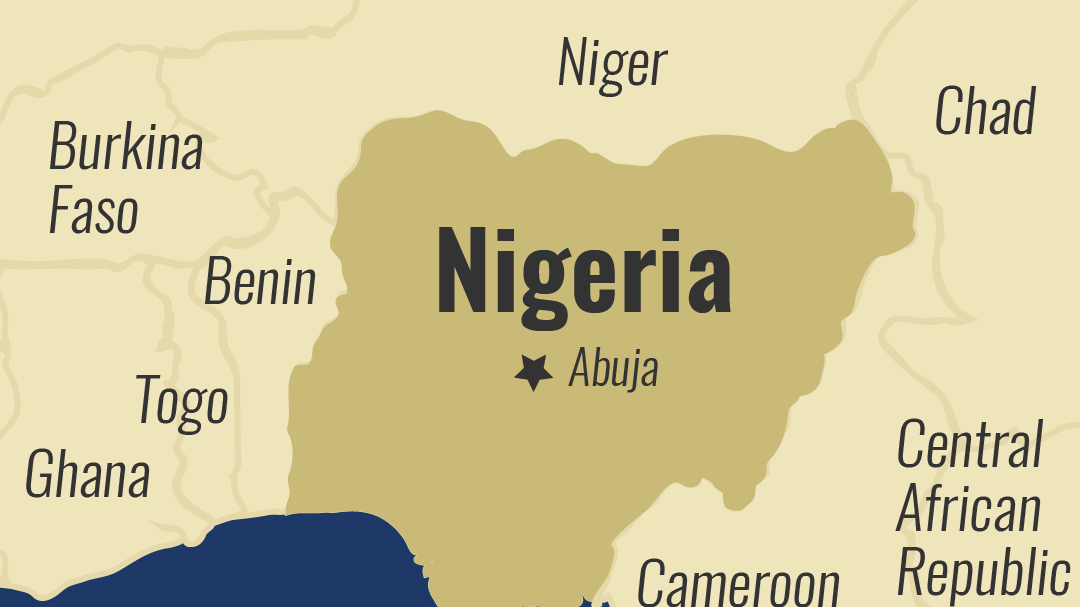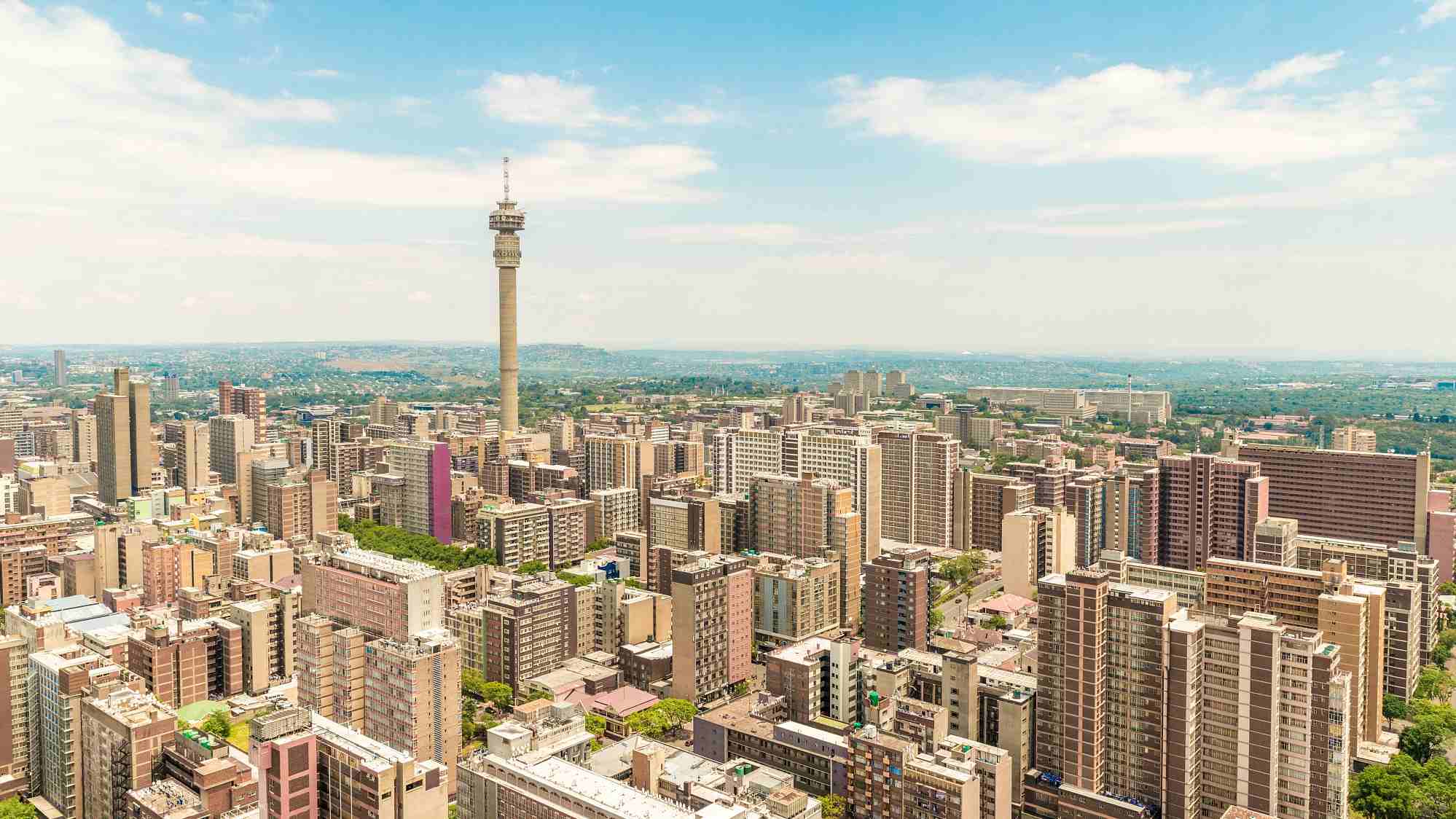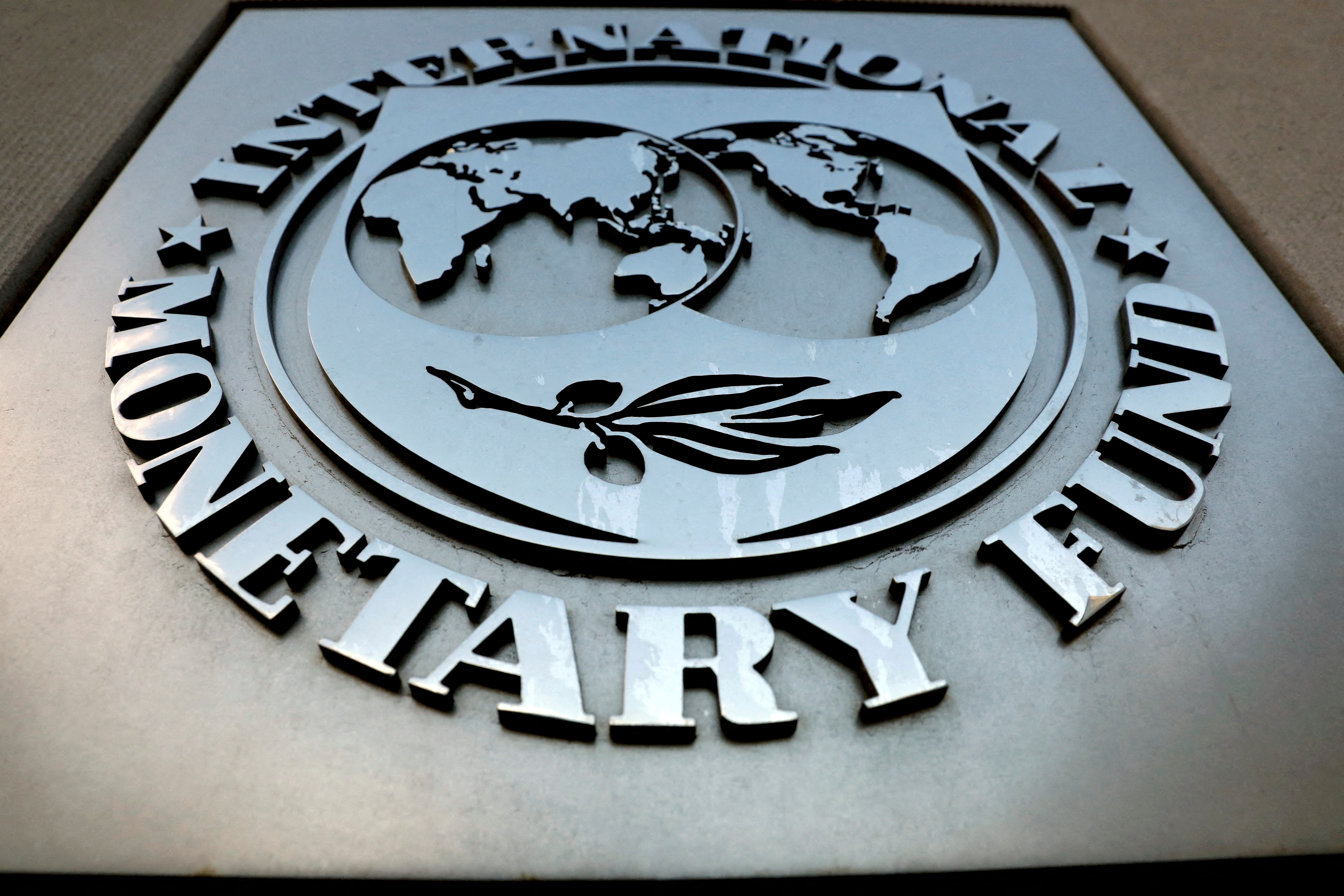
Nigeria’s Q3 jobless rate rises to 5% as impact of reforms takes effect
Nigeria’s unemployment rate rose to 5 percent in the third quarter amid a cost-of-living crisis after the government scrapped a popular but costly petrol subsidy.
President Bola Tinubu has defended his two biggest reforms – the scrapping of the subsidy and foreign exchange controls – saying although this would lead to hardship in the short term, they are necessary to attract investment and boost government finances.
The unemployment rate rose from 4.2 percent in the previous quarter, according to data released by the National Bureau of Statistics late on Monday.
The jobless rate among young people aged 15-24 rose to 8.6 percent from 7.2 percent. Unemployment in the urban areas also rose marginally to 6 percent from 5.9 percent in the previous quarter.
Nigeria, Africa’s most populous nation of more than 200 million people, has been dogged by high unemployment for decades due to a rapid population rise that has outpaced economic growth.
But the jobless rate has crashed from a record 33 percent in the fourth quarter of 2020 after the government revised the methodology for computing the data in early 2023.
Still, underemployment persists with 87 percent self-employed. Only 12.7 percent were in wage employment during the period.
The informal employment rate, which measures the proportion of workers in the grey economy, was little changed at 92.3 percent, according to the NBS, while the workforce participation also fell slightly to 79.5 percent from 80.4 percent in the second quarter.






